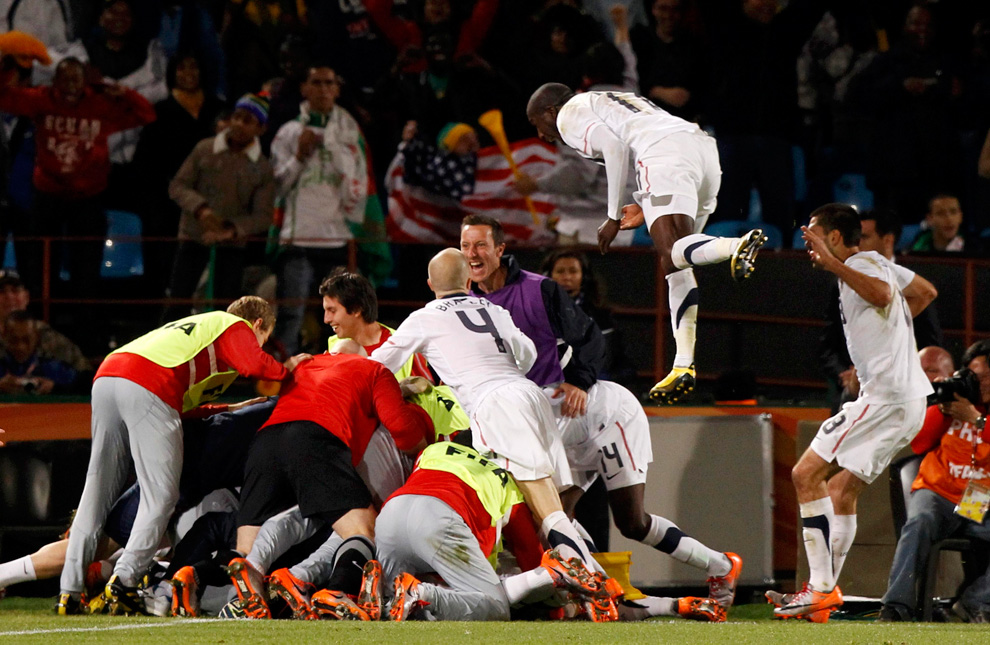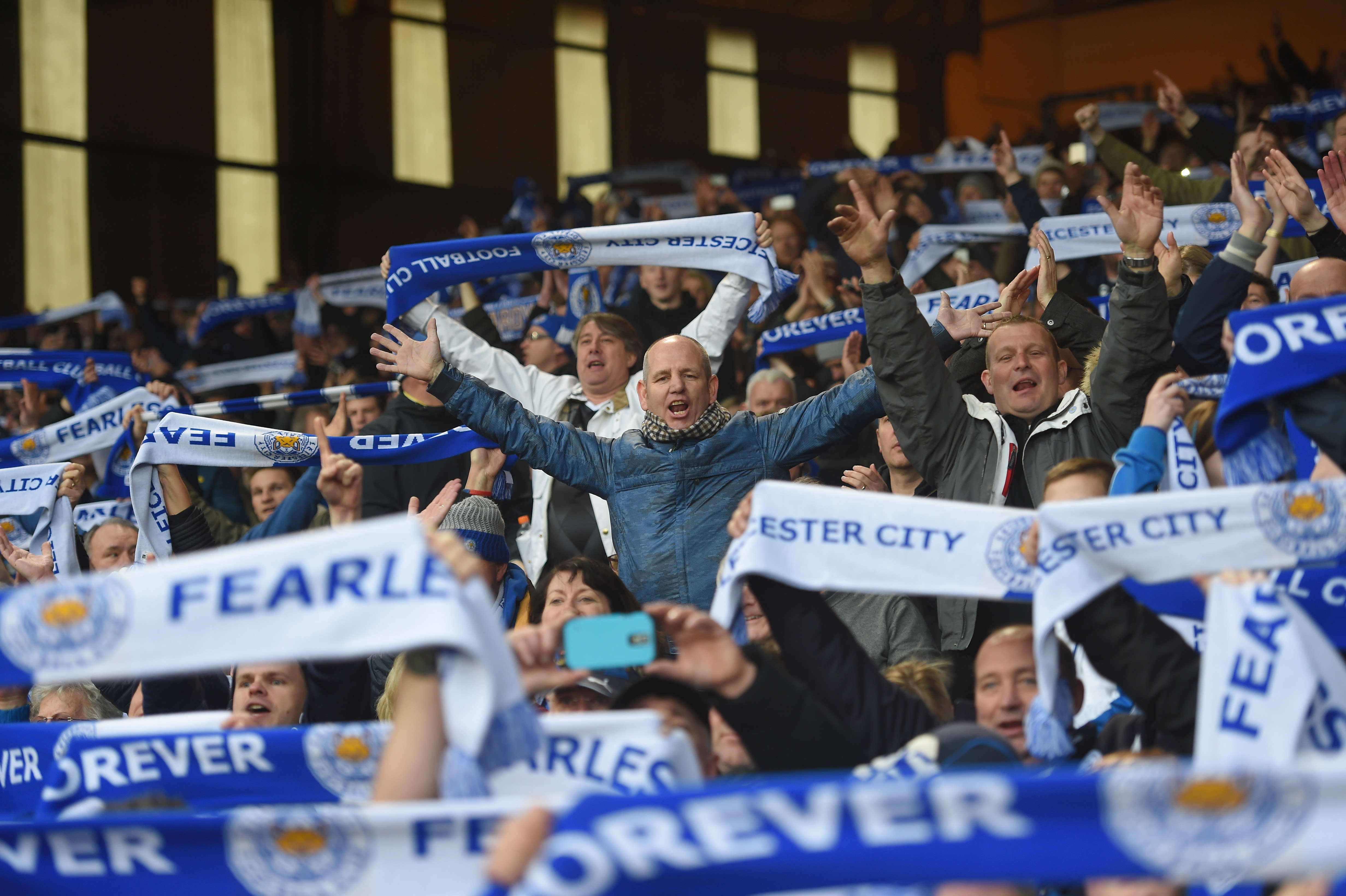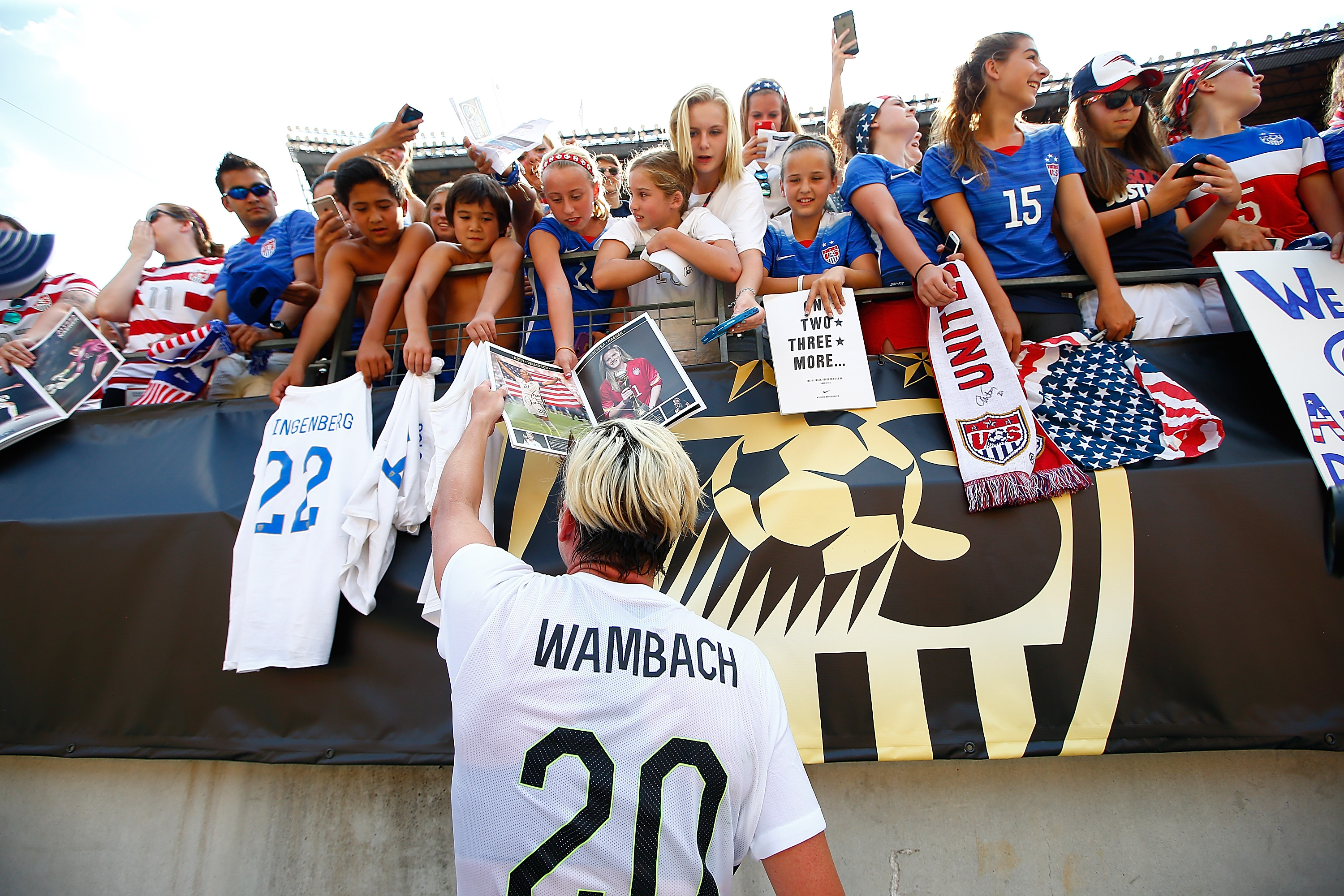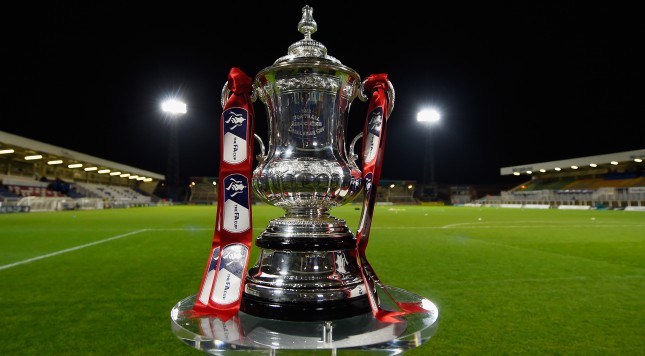Approaching its 150th birthday, The FA Cup is the oldest cup competition in the world. It’s absolutely dripping with history and should be on the wish list of every club in England. Why then do Premier League teams spend a good chunk of the early rounds using it as an excuse to trot out the kids? Why is everyone asking, “what’s the point?”
The despondency over the importance of the FA Cup seems to be a uniquely British problem. England isn’t the only country with a domestic cup competition but it does seem to be the only one that gets bored with the Cup. In Spain, Madrid and Barcelona want to win the Copa del Rey. In Germany, Bayern Munich want to win the DFB Pokal. In England, Manchester United won the FA Cup last season but their campaign was generally viewed as a failure due to a poor league finish.
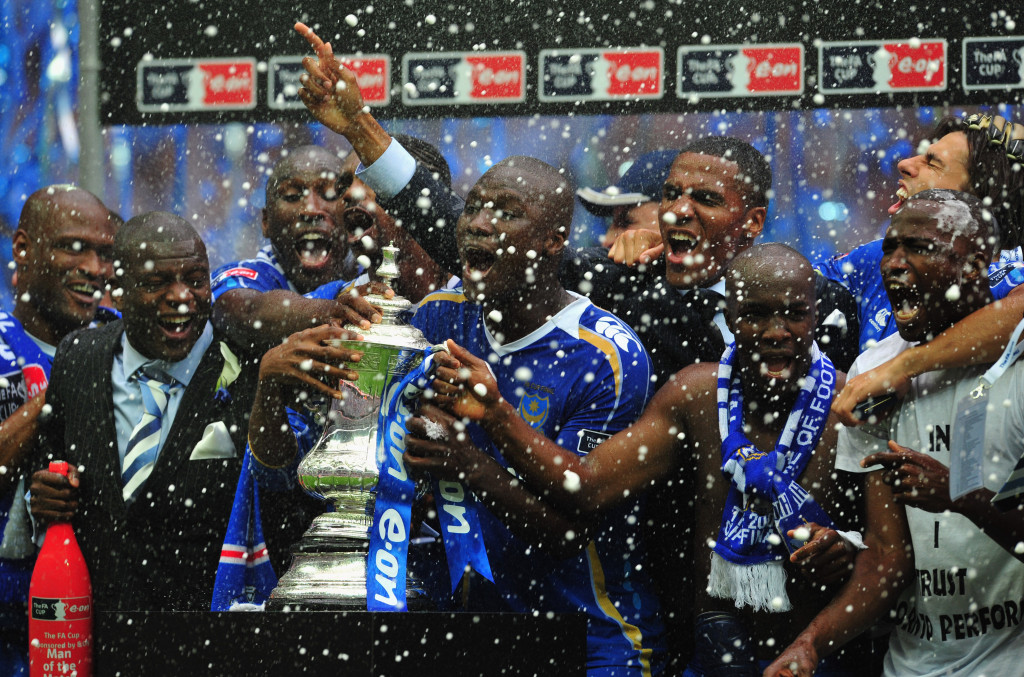
LONDON – MAY 17: Portsmouth players celebrate victory following the FA Cup Final sponsored by E.ON between Portsmouth and Cardiff City at Wembley Stadium on May 17, 2008 in London, England. (Photo by Shaun Botterill/Getty Images)
Jurgen Klopp, a manager who once raced onto the pitch after a dramatic penalty shootout against Bayern Munich to book a spot in the DFB Pokal final, seemed disinterested when asked about Liverpool’s lineup. With an average age just old enough to buy a beer in the States, the Reds were held to a scoreless draw against League Two side Plymouth Argyle. Liverpool shouldn’t be drawing with a League Two side, but with a side of reserve players Klopp made it harder to win than necessary.
To be fair, Klopp’s reaction to a semifinal against Bayern Munich would always be different to an FA Cup third round match with Plymouth Argyle. So let’s look at it differently. That season with Dortmund, Klopp started the competition against Stuttgarter Kickers, a team on the same step of the pyramid as Plymouth Argyle. Against Plymouth, Klopp fielded a number of youth players and rounded out the squad with fringe players of the first team. Against Stuttgarter Kickers, Dortmund’s starting 11 featured Marco Reus, Pierre-Emerick Aubameyang, Henrikh Mkhitaryan and a first team back line, minus Mats Hummels. Dortmund won easily, 4-1.
None of this is meant to chastise Klopp or to suggest that managers should be forced to play their strongest lineup in the FA Cup. Rather it’s to point out the obvious fact that England’s fixture calendar is far too crowded. To ask whether or not the FA Cup still serves a purpose ignores the fact that England has diluted that competitions prestige for the sake of more games and more profit.
The main offender in the diminishing luster of the FA Cup is the League Cup. Very few countries in Europe have two domestic cup competitions, France being another. While there is very little overlap between the two, except for teams in the latter stages of the League Cup, these matches take their toll over a long season. Coupled with the lack of a winter break in England and many managers are forced to rotate their squads. For someone like Klopp, who is still in the League Cup semis, this rotation is far more extreme at Liverpool than it ever was at Dortmund.
[link_box id=”23195″ site_id=”158″ layout=”link-box-third” alignment=”alignright”]All this comes back to money, of course. Obviously, more matches mean more money for the FA, so there is little incentive for the FA to abandon the League Cup. But, there is another factor in this, and that deals with club’s finances. Liverpool stands to earn more money qualifying for the champions league than they would winning the FA Cup. Last season, all 32 Champions League teams earned 12 million Euros simply for reaching the group stage. The winner of this season’s FA cup will net a cool 1.8 million pounds. It’s fairly obvious where Liverpool’s and every other club’s priorities are. This applies to midtable sides as well. Last season, the difference in Premier League prize money between 11th and 10th was more than double what either side would have received winning the FA Cup. With how heavily the game prioritizes cash, it’s little surprise that so many clubs choose to focus on the League, rather than the cup.
Other countries in Europe also have the same realities regarding prize money, but the difference in England is the fixture congestion. Bayern, Barcelona, Madrid, Milan, Juventus, and Inter don’t have to play two cup competitions and they get to go home and rest for a time over the holiday season.
If you take the League Cup, the FA Cup, the jam-packed holiday calendar and throw in potential second leg replays in the FA Cup that are somehow still a thing and you have one crowded season. The FA Cup should be a highlight of the English calendar. Giant killings should be met with excitement for one fan base and embarrassment for another. But instead, for many of the top teams, it’s a quiet relief that they suddenly have one less competition to take part in.
There are things the FA can do to solve this, but unfortunately, they all require those in charge to make less money. As we’ve seen time and again, money usually upstages the fans. Until the FA is willing to make some of those decisions for the betterment of the game, no manager is going to willingly sacrifice their chances in the league for a cup, regardless of how much history it’s steeped in. The only thing that might convince the FA to rethink their fixture congestion is if English teams and the National teams continue to be outperformed in Europe, but that’s a whole other story.

